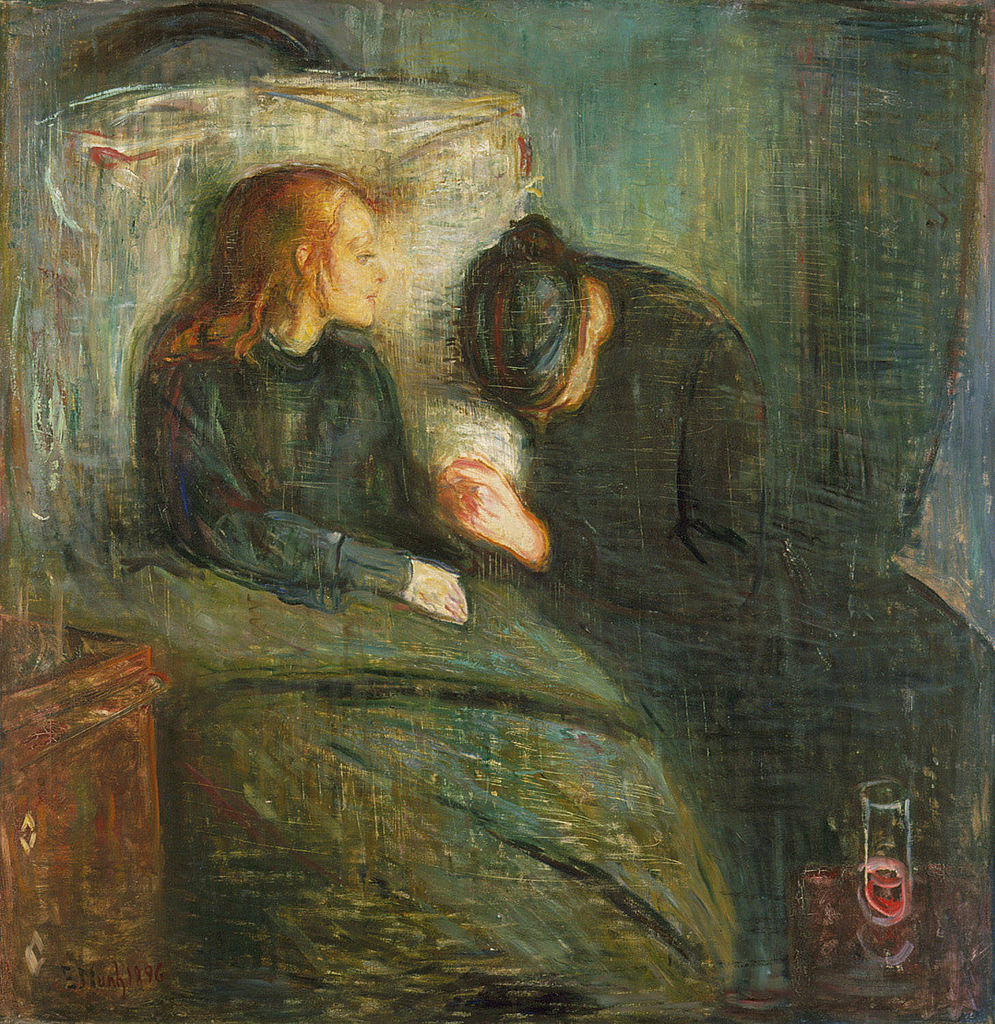“Heaven and earth may pass away, but my words shall not pass away.” (Luke 21:33). That be far from Thee to do in this manner — to slay the righteous with the wicked; and that the righteous should be as the wicked, that be far from Thee! Shall not the Judge of all the earth do right?” (Genesis 18:25)
“In some remote corner of the sprawling universe, twinkling among the countless solar systems, there was once a star on which some clever animals invented knowledge. It was the most arrogant, most mendacious minute in world history, but it was only a minute. After nature caught its breath a little, the star froze, and the clever animals had to die. And it was time, too: for although they boasted of how much they had come to know, in the end they realized they had gotten it all wrong. They died and in dying cursed truth. Such was the species of doubting animal that had invented knowledge.”
Thus spake Nietzsche in his work, On the Pathos of Truth. But what is the point of the mad man’s parable?
It is an elegantly savage assault on the power of truth. What good is truth in the face of uncontrollable catastrophe, or the knowledge of inevitable disaster?
And where on earth is progress in all of this? Can a human being truly believe in progress and reconcile it with the annihilation of the human race, or the unavoidable holocausts to come?
How many setbacks will it take before we abandon our belief in progress? Here Nietzsche is not just attacking the progress-believing Liberals of his day, but Christians as well.
The Christian believes that truth will conquer all and that the light of the world will snuff out the darkness. Therefore, when Nietzsche questions the power of truth, he questions the all-powerful nature of God himself.
Can the progressive and the Christian survive these indictments against their central dogma, their seemingly unmovable belief that life will find a way?
The Christian will be quick to say that Life shall never cease even after death. They preach of the resurrection and the world to come, but what does that even mean? Against the barrage of rationality and skepticism, the Christian is struck dumb.
And the progressive’s response? Speechless.
But, maybe there is hope after annihilation. After the nuclear flash fades away, and we return onto the dust from whence we came, will not life find a way?
If it started once, who’s to say it won’t start again? After all, does not all chaos collapse into order in time? Can’t new covenants be made between new life and the logic of this world? Is there not a life after death?
And after new microbes come into being, won’t they evolve too? There is no doubt in my mind that they won’t learn all the tricks of life; how to create, how to destroy, how to sacrifice themselves for one another.
In time, maybe they too, like all new life, will start to crawl around and grow. Will not life rise again?
Every Christian knows that life can scratch out an existence in even the most extreme conditions; whether it’s at the bottom of the sea or from the bottom of our hearts.
But can we call the force of life’s persistence through the universe? What is the Logos behind all things that are sustainable, harmonic, and dare I say everlasting? Is this God’s love, or even love itself? What’s the difference?
And if the universe itself is destroyed, who’s to say that it won’t start again too, like it had once before?
Maybe next time we’ll get it right and realize that our love of life, as broken as it may be, is the only force keeping us around.
And I mean love, not truth (in so much as they can be separated). After all Nietzsche (immediately after reciting his parable) goes on to say that “this would be man’s fate were he nothing more than a thinking animal; truth would drive him to despair and annihilation, truth eternally damned to be untruth.”
